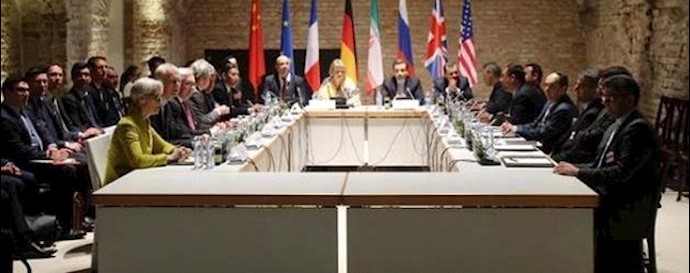The eventual end of the arms embargo against Iran was an unpleasant surprise in the nuclear deal for many U.S. military officials and lawmakers, who say it could empower Tehran’s theocratic regime to become more powerful and aggressive in the Middle East — even without nuclear weapons.
The international embargo is set to be lifted in five years, but it could be sooner if U.N. inspectors certify Iran’s nuclear program is entirely peaceful before that. The possibility of an early embargo lift is one of the rewards for Tehran agreeing to put its nuclear weapons program on ice for a decade. Restrictions on ballistic missile technology will last a bit longer, ending in eight years.
But even supporters of the deal are concerned that lifting the restrictions on arms will make Iran stronger without any corresponding limits on its behavior, even to the point of being better able to threaten U.S. forces operating in the Persian Gulf.
“This is a painful trade-off, and I would have hoped that we could have defeated it completely,” Nicholas Burns, undersecretary of state for political affairs in the George W. Bush administration, told the House Foreign Affairs Committee on July 14, the day the agreement was reached in Vienna.
Much of the attention has focused on Iran’s increased ability to supply more and better arms to its proxies in the region, such as the Lebanese Shiite Muslim militia Hezbollah and Houthi rebels in Yemen, while continuing to prop up the government of Syrian dictator Bashar Assad. Yet concern is growing over the possibility that Iran could use the ending of arms restrictions to enhance its own military capabilities, even to the point of developing intercontinental ballistic missiles that could hit the United States.
“We’ll have to use the power of the United States to work on countries to prevent the sale to Iran” of new weapons, Burns said.
Those concerns have been reinforced by statements from Iranian officials.
“Whenever it’s needed to send arms to our allies in the region, we will do so. We are not ashamed of it,” Deputy Foreign Minister Abbas Araghchi said July 20. Two days later, at a news conference, he insisted that Iran’s existing ballistic missile program was not covered by international embargoes because none of the missiles are designed to carry nuclear weapons.
One of the main missions of Defense Secretary Ashton Carter’s trip to the region last week was to reassure allies and build cooperation toward “doing a better job of interdicting arms shipments from Iran to Houthi rebels in Yemen, or to Hezbollah guerrillas in Lebanon,” White House spokesman Josh Earnest said July 21.
“These are concerns that we’ve long had and we’re looking for ways that we can coordinate more effectively the effort to interdict those weapons and to disrupt those activities.”
Many lawmakers are livid that the administration bowed to Tehran’s demands on that issue, since the arms bans are widely considered as non-nuclear in nature and thus outside the scope of a deal limiting Iran’s nuclear program.
“We have a deal that neglects in any way to address Iran’s providing arms and support for terrorists. Furthermore, we have a deal that to our surprise will allow the lifting of the arms embargo against Iran,” said Rep. Grace Meng, D-N.Y.
Washington Examiner, 27 July 2015








